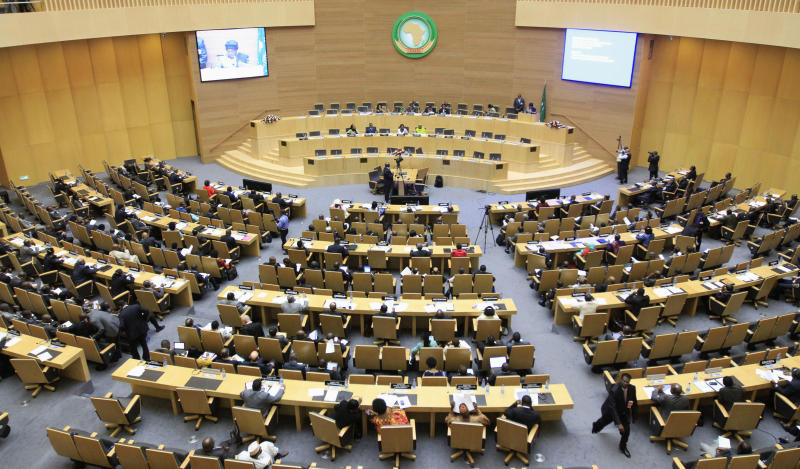×
The Standard e-Paper
Smart Minds Choose Us

This week, justice activists around the world will commemorate the 20th anniversary of the Rome Statute which established the International Criminal Court (ICC).
The ICC traces its origins to reactions to the horrors of the conflict in the Balkans and in Rwanda, which led the UN Security Council to establish the two ad hoc tribunals, one for each of the two situations.